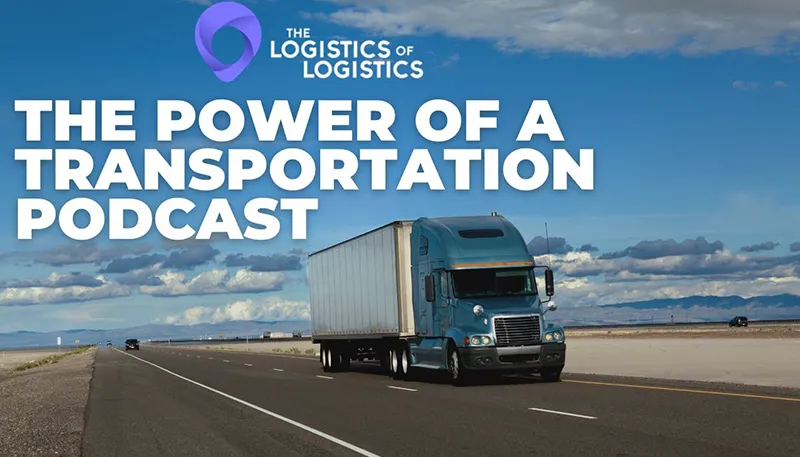3 Unintended Consequences of Short Sighted Succession Planning
Posted on May 26, 2016 by Spencer Tenney

Transferring business ownership within a family is tough – particularly in a capital intensive industry. Unless the business is being gifted, the family must determine how and when the next generation can pay for the ownership of the business. In many cases, the next generation has worked in the family transportation business his or her entire adult life, has no capital to contribute to a purchase, and no experience in obtaining financing from a third party. Facing limited options, many families choose a succession plan they believe to be their only real option: to structure a deal that pays the current owners over a long period of time through the operations of the business.
Business owners who make retirement arrangements through other means outside of transportation are typically less concerned about the risks associated with this type of ownership transfer arrangement. Almost all family succession plans are motivated out of love and out of a desire for what parents believe is best for their children. However, the “default family succession plan” presents a variety of unintended consequences that conflict with the overall objectives for everyone involved. Here are three of the most common:
1: Transfer of ownership excludes transfer of authority.
When owners have, in some cases, millions of their personal net worth tied to the next generation’s success in the business, it is very difficult to completely step away from the business. This is understandable. In order for the next owner to be successful and to find his own way, he has to be able to employ his ideas, apply his leadership style, and, yes, fail occasionally. Without this authority, he will not likely ever see or invest in the business as if it is his own. When the next generation gets ownership without authority, the predecessor often finds himself a few years down the road reclaiming the business he never really let go.
2: Additional leverage without additional benefits.
The default family succession plan is certainly a more equitable solution than just giving it to the next generation for nothing. However, it is important to understand that this arrangement often places unrealistic expectations on the next generation. When transportation companies add debt to the balance sheet there is typically an expected benefit as part of that investment – new revenue or added efficiency for example. That is not true in the default family succession plan. The next generation is forced to operate with more fixed financial obligations and asked to meet the growing challenges of the day with fewer tools (operating capital) and with less experience than his predecessor.
3: Indirect impact on the company’s ability to attract, retain key team leaders.
So, at the end of the day, something has got to give. If the company is going to commit dollars to pay the previous owner in perpetuity, it has to come from somewhere in the operating budget. Unfortunately, these arrangements often impact the people the company depends on most: key management team members. This is usually in the form of delayed pay increases or the outright abandonment of talent acquisition efforts – which, of course, is in direct conflict with promoting the future health of the business.
Conclusion: The Tenney Group is not suggesting that the “default family succession plan” is bad for every family. Many families are actively employing this strategy across the country in the transportation industry. We just want more for your family and for your future – in or out of transportation. We desire for all companies to thoughtfully approach the process of succession planning with an open mind and with experienced professionals. You have more options than you realize to avoid the unintended consequences that conflict with your family’s overall goals.


